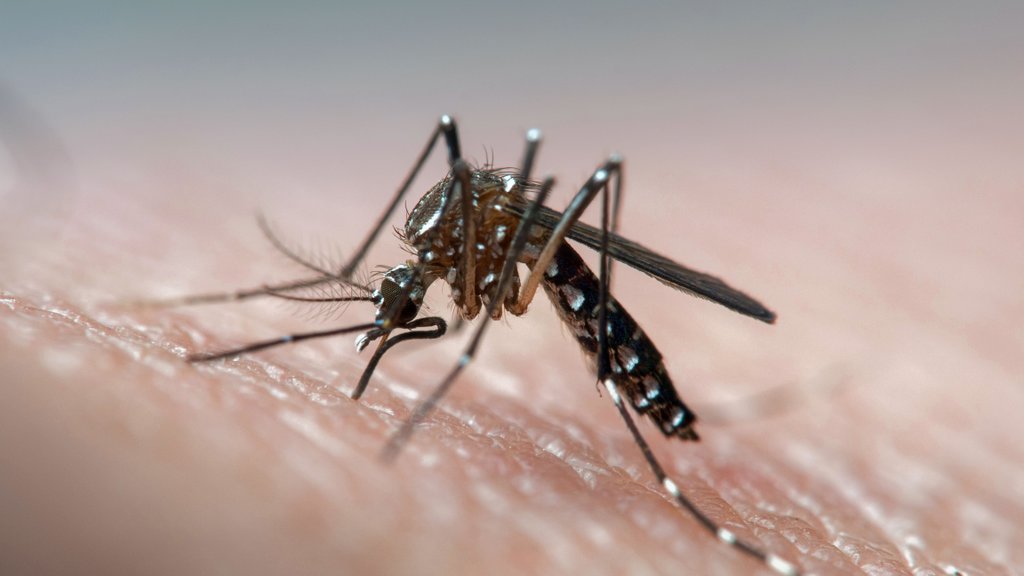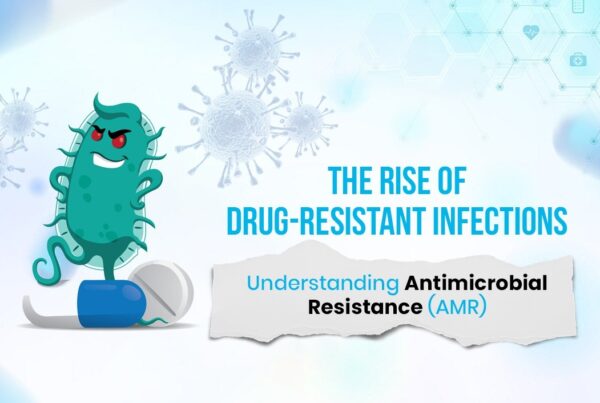It is an infection caused by a virus. You can get it if an infected mosquito bites you. Dengue does not spread from person to person. It is common in warm, wet areas of the world. Outbreaks occur in the rainy season.
Symptoms of Dengue Fever
Symptoms, which usually begin four to six days after infection and last for up to 10 days, may include
- Sudden, high fever
- Severe headaches
- Pain behind the eyes
- Severe joint and muscle pain
- Fatigue
- Nausea
- Vomiting
- Skin rash, which appears two to five days after the onset of fever
- Mild bleeding (such a nose bleed, bleeding gums, or easy bruising)
The symptoms are generally mild and can be mistaken for those of the flu or another viral infection. Younger children and people who have never had the infection before tend to have milder cases than older children and adults.
Never take it easy serious problems can include;
- Dengue haemorrhagic fever, a rare complication characterized by high fever
- Damage to lymph and blood vessels
- Bleeding from the nose and gums
- Enlargement of the liver
- Failure of the circulatory system. The symptoms may progress to massive bleeding, shock, and death. This is called dengue shock syndrome (DSS).
Symptoms of severe dengue
Warning signs of severe dengue
Watch for signs and symptoms of severe dengue. Warning signs usually begin in the 24–48 hours after your fever has gone away. Immediately go to a local clinic or emergency room if you or a family member has any of the following symptoms.
Belly pain, tenderness
Vomiting (at least 3 times in 24 hours)
Bleeding from the nose or gums
Vomiting blood, or blood in the stool
Feeling tired, restless, or irritable
People with weakened immune systems as well as those with a second or subsequent dengue infection are believed to be at greater risk for developing dengue hemorrhagic fever.
How does dengue spread?
It is highly contagious and spreads from one person to another through mosquito bites. It is widespread in tropical and sub-tropical regions. It is a very common disease in India since last two decades. Dengue can affect everybody, irrespective of their age and gender.
If you think you have dengue
- See a healthcare provider if you develop a fever or have symptoms of dengue. Tell him or her about your travel.
- Rest as much as possible.
- Take acetaminophen (also known as paracetamol outside of the United States) to control fever and relieve pain.
- Do not take aspirin or ibuprofen!
- Drink plenty of fluids to stay hydrated. Drink water or drinks with added electrolytes.
- For mild symptoms, care for a sick infant, child, or family member at home.
Prevention and Risk Factors
Dengue Prevention
- Make sure you Prevent dengue by avoiding mosquito bites.
- All four dengue viruses are spread primarily through the bite of an infected Aedes species (Ae. aegypti and Ae. albopictus) mosquito. These mosquitoes also spread chikungunya and Zika viruses.
- The mosquitoes that spread dengue are found in most tropical and subtropical regions of the world, including many parts of the United States.
- A dengue vaccine is available for use in some parts of the world, including United States territories.
Find the Repellent that is Right for You
Help Control Mosquitoes that Spread Dengue, Chikungunya, and Zika Viruses
Protect Yourself, Your Family, and Community from Mosquitoes
Eliminate standing water in and around your home:
- Once a week, empty and scrub, turn over, cover, or throw out items that hold water, such as tires, buckets, planters, toys, pools, birdbaths, flowerpots, or trash containers. Check inside and outside your home
- Tightly cover water storage containers (buckets, cisterns, rain barrels) so that mosquitoes cannot get inside to lay eggs.
- For containers without lids, use wire mesh with holes smaller than an adult mosquito
- Protect against Mosquito Bites when Traveling
If you have a septic tank, follow these steps:
- Repair cracks or gaps.
- Cover open vent or plumbing pipes. Use wire mesh with holes smaller than an adult mosquito.
Keep mosquitoes out of your home:
- Use screens on windows and doors
- Repair holes in screens
- Use air conditioning when available.
KEY TAKE AWAY
Make sure to;
- Always follow the product label instructions.
- Reapply insect repellent every few hours, depending on which product and strength you choose.
- Do not spray repellent on the skin under clothing.
- If you are also using sunscreen, apply sunscreen first and insect repellent second.
- Treat clothing and gear (such as boots, pants, socks, and tents) with permethrin or purchase permethrin-treated clothing and gear.
- Treated clothing remains protective after multiple washings. See product information to find out how long the protection will last.
- If treating items yourself, follow the product instructions carefully.
- Do not use permethrin products, intended to treat clothing, directly on skin.
- Wear long-sleeved shirts and long pants.









